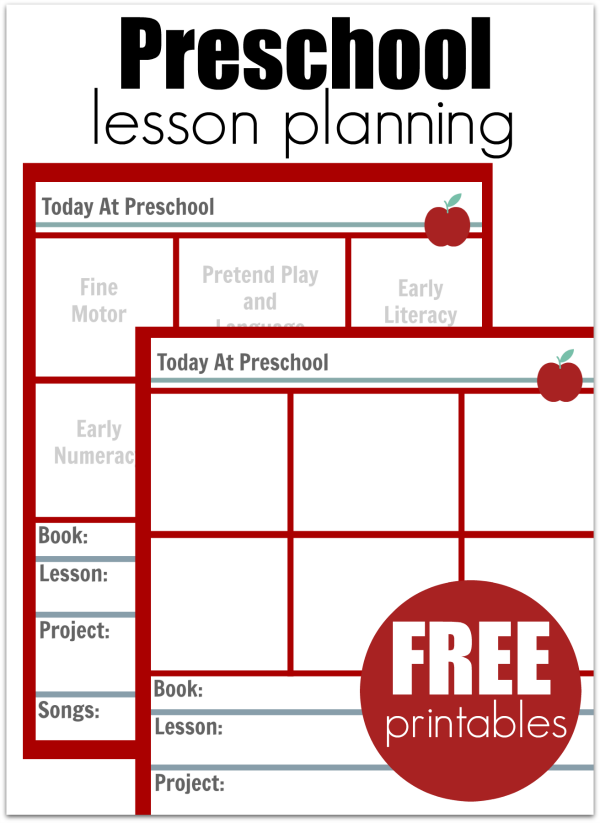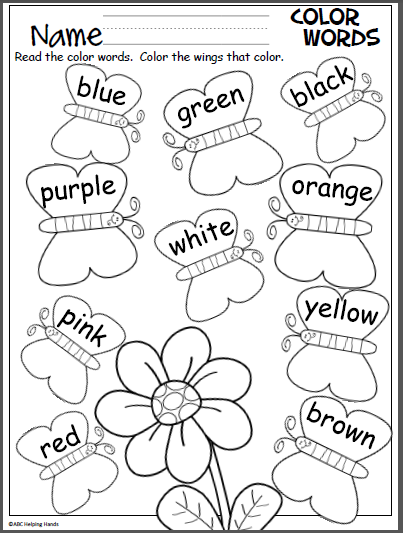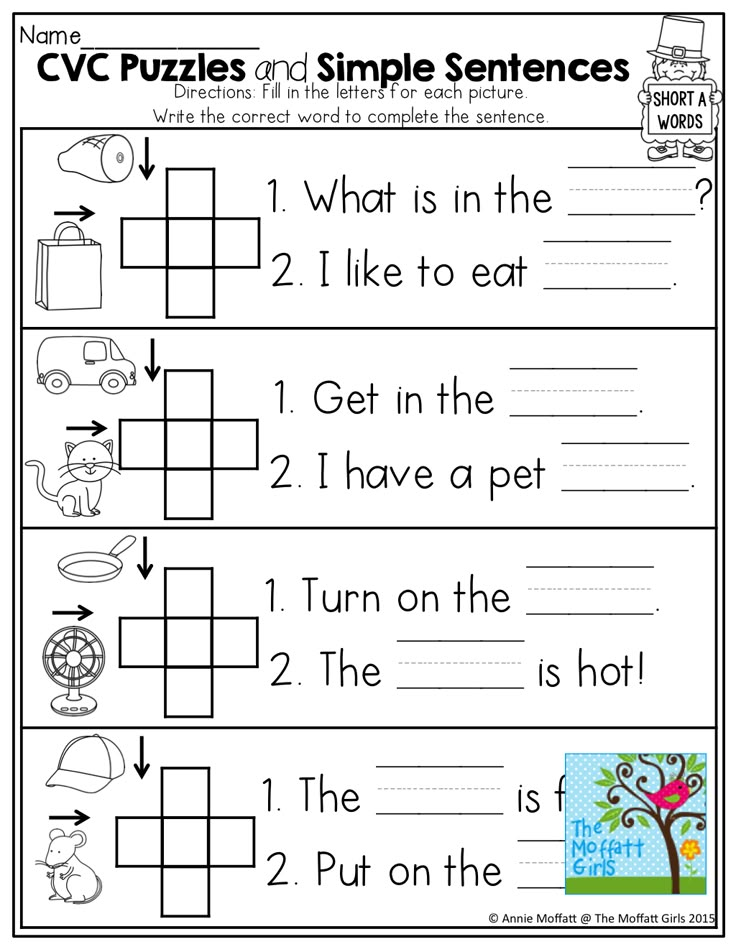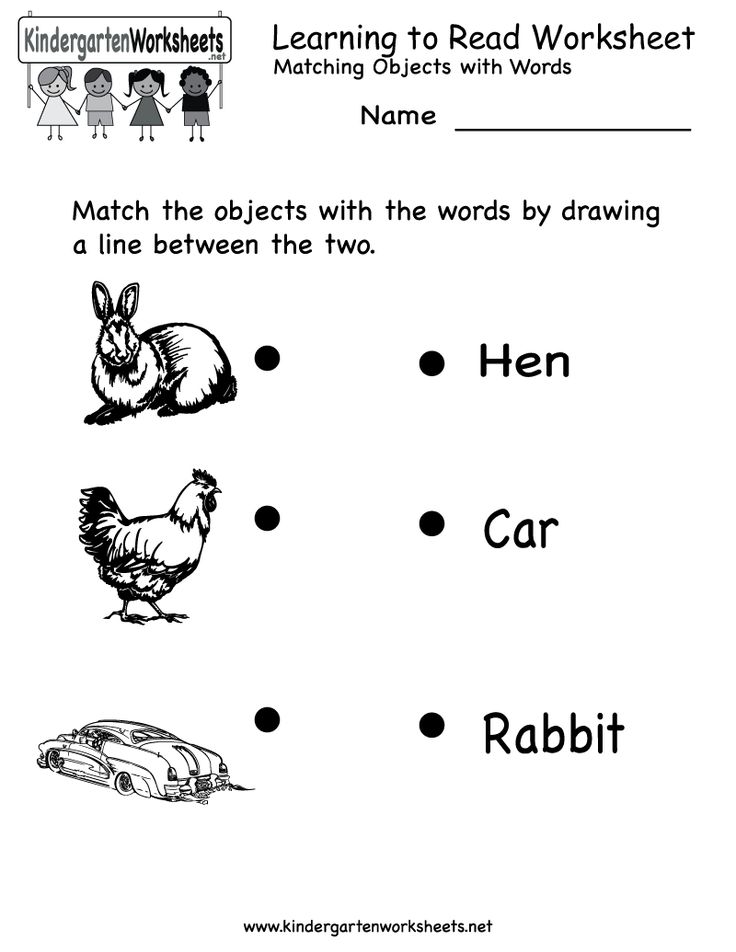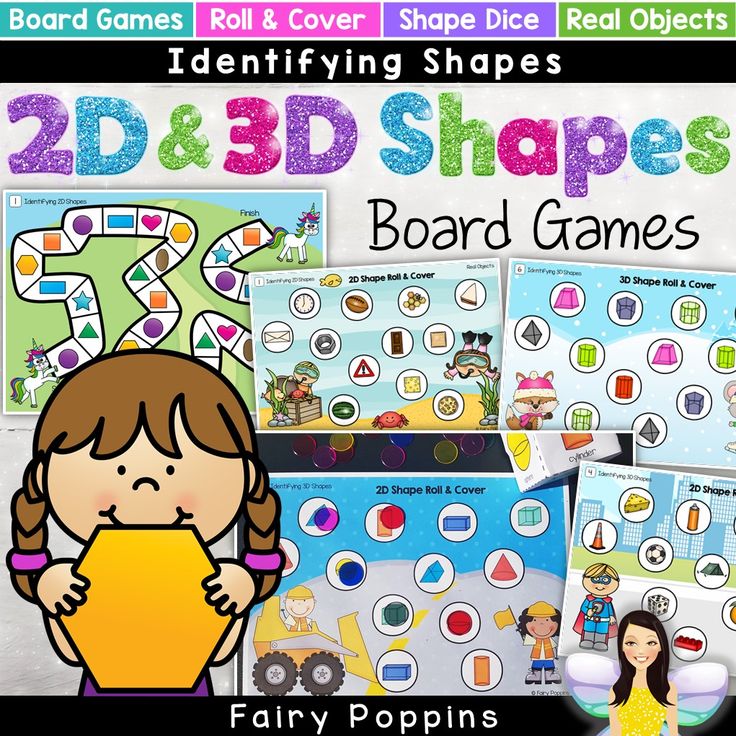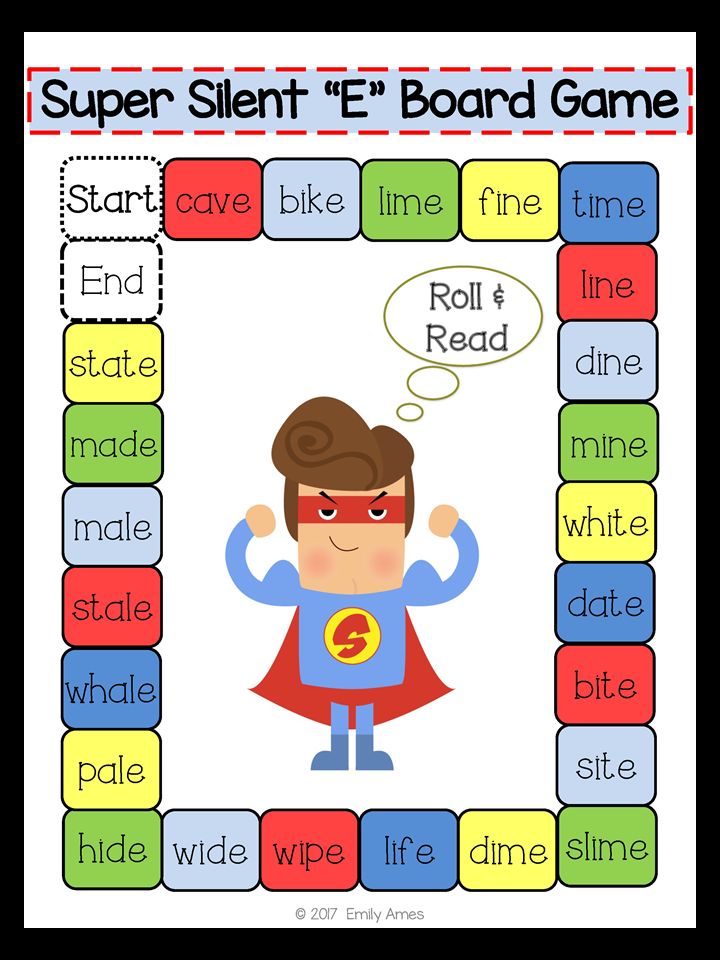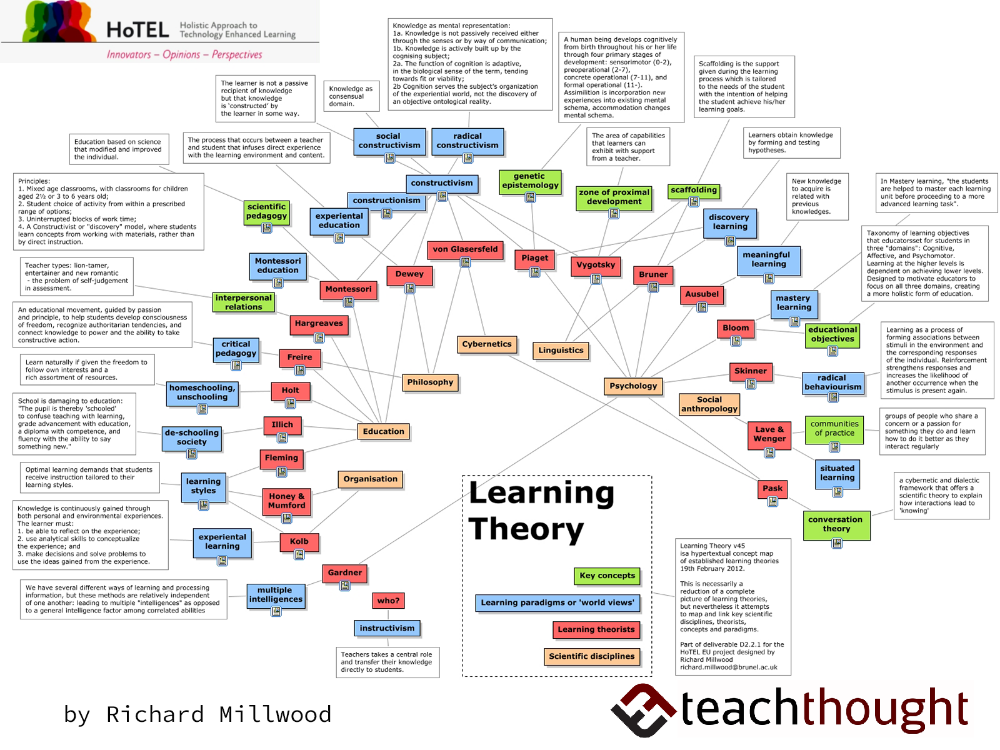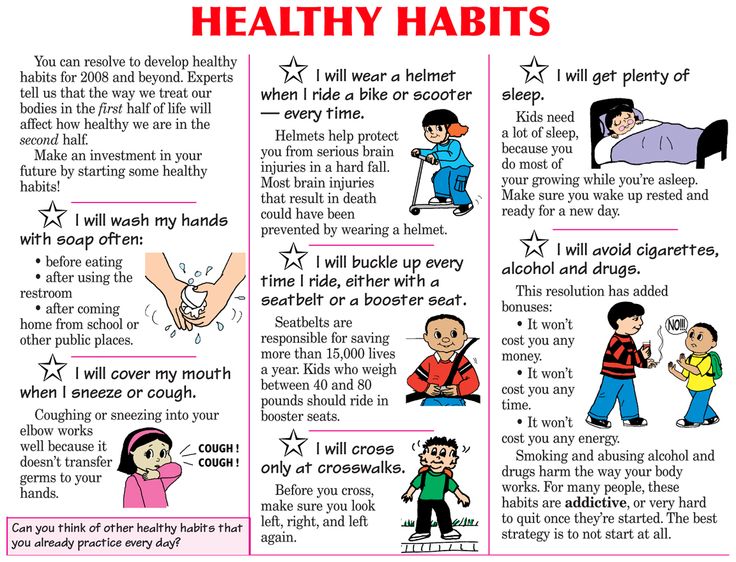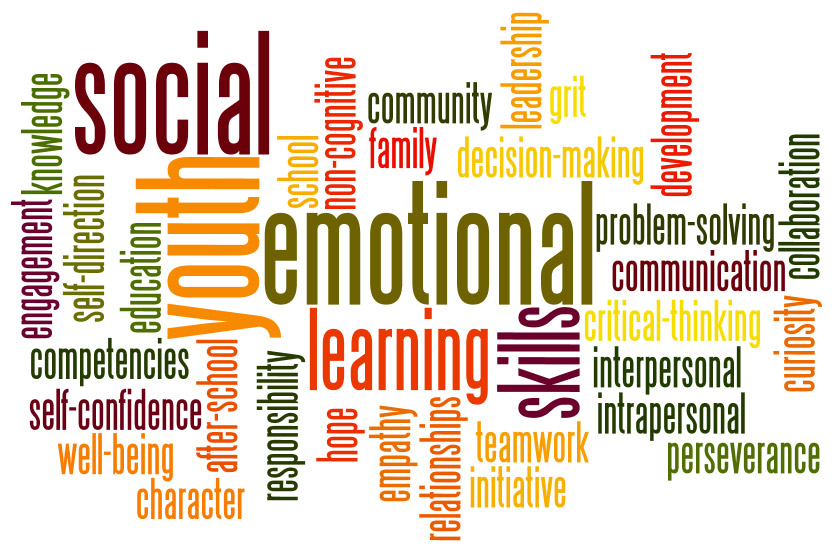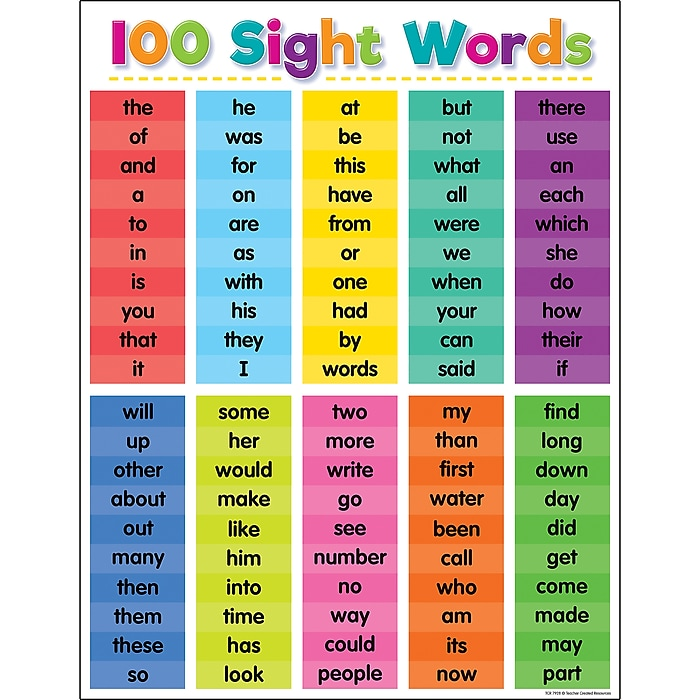How to play pretend
The Land of Make Believe
By Lauren Lowry
Hanen Certified SLP and Clinical Staff Writer
The word "imagination" conjures up images of children pretending with dolls, pushing dump trucks, or dressing up as princesses or pirates. While young children do spend much of their time in the land of make believe, the imagination is not just reserved for children's play. It is because of the development of the imagination during childhood that adults are able to do many of the tasks that daily life demands. Adults constantly use their imagination to help them invent new things, visualize, solve problems, enjoy a book or movie, understand others' perspectives, make plans, come up with ideas, and think creatively. No wonder Albert Einstein felt that "imagination is more important than knowledge"!
Therefore, using one's imagination is a critical cognitive skill that is used throughout life, and it is important to encourage the imagination in childhood. But what is the connection between pretend play and language?
The Connection Between Pretend Play and Language
Pretend play and language both involve the same underlying ability to represent things symbolically.
Pretend play is also known as "symbolic play" because it involves the use of symbols. When we use symbols, we use something to stand for something else. In the case of pretend play, children may use one object to stand for another, such as pretending a spoon is a hairbrush, or a tablecloth is a cape. This type of symbolic thought is also needed for language, as our words are symbols. Our words stand for our thoughts and ideas. Therefore, pretend play and language both involve the same underlying ability to represent things symbolically (Weitzman and Greenberg, 2002). It's no wonder children start to engage in pretend play around the same time their first words emerge (between 12 to 18 months). Furthermore, children who have language difficulties sometimes also struggle with pretend play.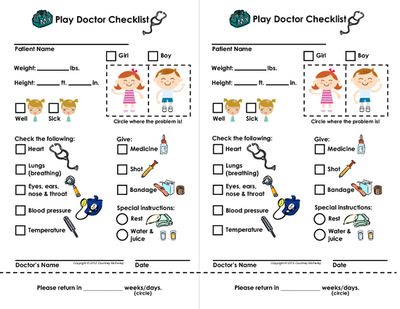
Why Encourage Pretend Play?
There are many reasons why parents and caregivers should consider encouraging their child's pretend play skills:
- Your child will gain practice with using symbols. This strengthens the foundation for your child's pretend skills and language skills.
- Pretend play is an excellent way to expose your child to new vocabulary that he may not be exposed to in everyday life, such as "pirate", "sword", "rescue", "castle", or "fairy".
- When you pretend with your child, you will help him learn to play with others. Eventually, your child will start to pretend with other children, where he will learn to take turns and collaborate.
- When children take on a pretend role, they imagine what it is like to be another person. This helps develop their ability to take others' perspectives and develop empathy.
- Pretend play is fun! When you play like a child and let your imagination lead, you and your child will never run out of things to play with or talk about!
How Pretend Play Develops
(adapted from Learning Language and Loving It, Weitzman and Greenberg, 2002)
In typical development, pretend play progresses through predictable stages.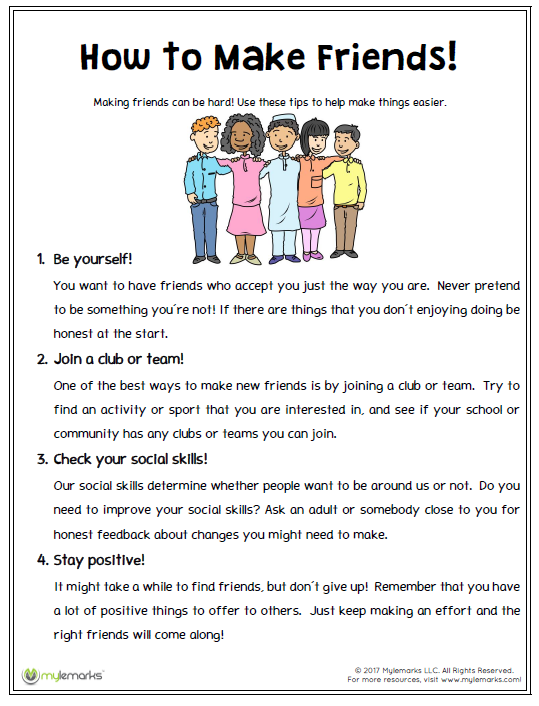 Children with developmental delays may progress through these stages at a slower rate.
Children with developmental delays may progress through these stages at a slower rate.
| Self-pretend | (12-18 months) During this stage, children perform one pretend action at a time on themselves, such as pretending to eat, drink, or sleep. Children tend to use toys that look quite realistic (e.g. a plastic toy spoon) or real-life objects (e.g. a real spoon). |
| Simple pretend | (18-24 months) Children at this stage perform simple pretend actions on toys or people. Children continue to use realistic-looking toys at this stage. Examples of simple pretend play include feeding a doll with a toy fork or making a toy airplane "fly". Children also imitate familiar adult actions at this stage, such as pretending to talk on a toy telephone. |
| Series of familiar actions | (24-30 months) Just as children this age are learning to combine words together to make little sentences, they are also learning to combine pretend actions together.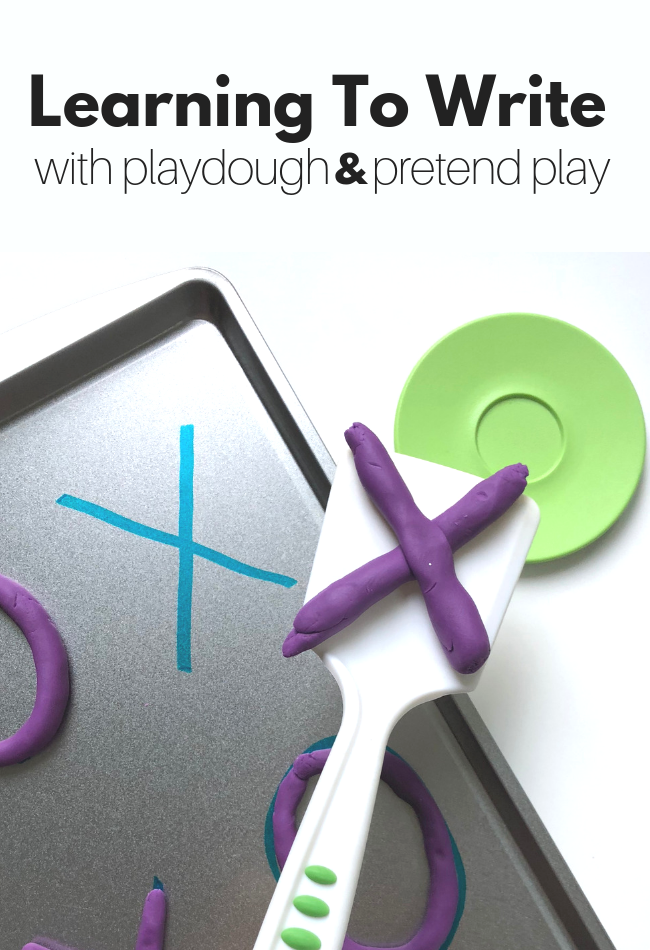 At this stage, children can act out a series of pretend actions related to a familiar routine, such as the steps involved in eating or going to bed. For example, the child may get out a toy bowl and spoon, pretend to pour cereal into the bowl, add some milk, and serve it to a doll. Children can use less realistic objects at this stage, as long as they are similar in shape to the real object. For example, a toy ball could be used as an apple to feed a doll. At this stage, children can act out a series of pretend actions related to a familiar routine, such as the steps involved in eating or going to bed. For example, the child may get out a toy bowl and spoon, pretend to pour cereal into the bowl, add some milk, and serve it to a doll. Children can use less realistic objects at this stage, as long as they are similar in shape to the real object. For example, a toy ball could be used as an apple to feed a doll. |
| Series of less familiar actions | (30-36 months) Less familiar themes enter children's play at this stage. They may pretend about going to the doctor or being a waiter at a restaurant. Children can pretend without an object (they can pretend their hand is a cup and drink out of it). Children can also substitute objects that do not resemble the "real thing". For example, a child can pretend a block is a garbage truck on its way to the dump. |
| Role play with other children | (3-5 years) Children pretend about imaginary themes now (things which do not really exist or that the child hasn't experienced yet in real life), such as pirates, castles, and superheroes.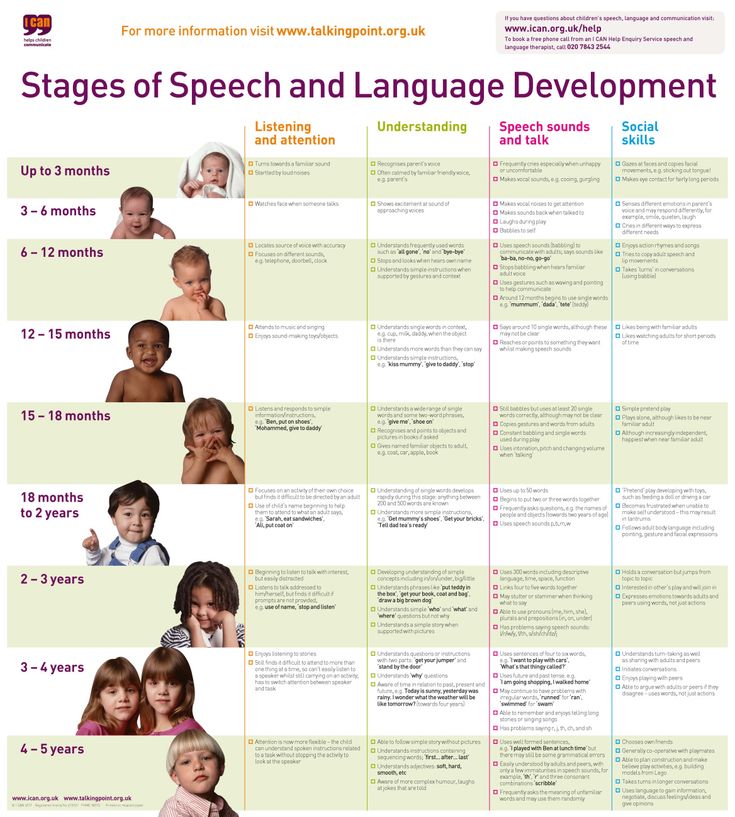 Children start to pretend with other children at this stage, each taking on different roles during the play. Realistic objects and toys are not needed as children can now pretend using gestures, mime, or unrealistic objects. Language often drives the play at this stage. Children explain their roles and use language to act out their role. For example, a child pretending to be a doctor might say to another child "I'm the doctor, you be the patient, ok? Where does it hurt?"
Children start to pretend with other children at this stage, each taking on different roles during the play. Realistic objects and toys are not needed as children can now pretend using gestures, mime, or unrealistic objects. Language often drives the play at this stage. Children explain their roles and use language to act out their role. For example, a child pretending to be a doctor might say to another child "I'm the doctor, you be the patient, ok? Where does it hurt?" |
Encourage Pretend Play – The "Hanen" Way!
Playing the "Hanen" way means getting down to your child's level and playing like a child yourself. By following the simple tips below, you will be stimulating your child's pretending skills and language, and the two of you are sure to have fun in the process!
- Be face-to-face (on the floor, across from each other at a table, etc). In this way, your child will feel connected to you, and he will be able to see your face, gestures, and pretend actions.
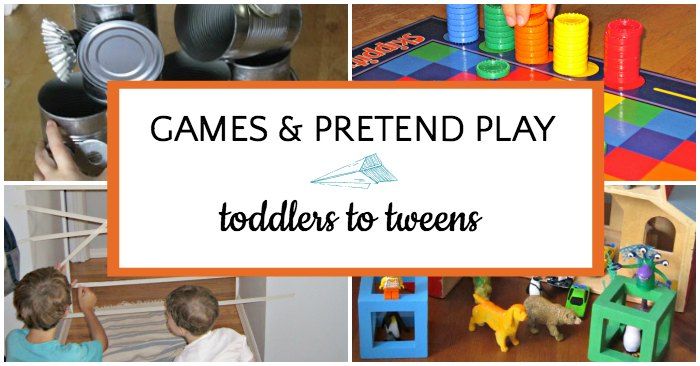
- Observe your child's interests. After you have put out a few pretend toys, watch and see what catches his interest. If he picks up a toy phone, play with it. If he starts to push a truck, play trucks. Your child will be motivated to play with you if you follow his lead.
- Don't put out too many toys at once. This can be overwhelming to some children. Select a few key toys that you think your child may like.
- If your child doesn't know how to pretend yet - you might need to start off the play. Pick up a toy your child likes and do one simple action yourself to give your child the idea. For example, you could demonstrate some self-pretend (see above) by picking up a toy cup and pretend to drink, saying "mmm…yummy juice". Then put the cup in front of your child and wait to see if he imitates you. If he doesn't, that toy may not interest your child.
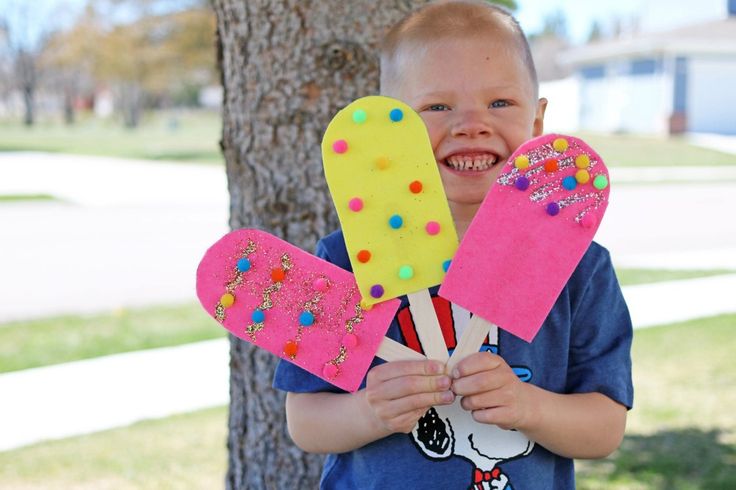 Try to observe your child's interests to determine if something else might be more interesting to him.
Try to observe your child's interests to determine if something else might be more interesting to him.
- Imitate your child's pretend actions. Observe what your child does with his toys, and then imitate his actions. This will likely motivate your child to do more pretend actions! Eventually, you can try introducing a new but related action to the play. For example, if your child has been pushing a dump truck, you can try adding some blocks to the back of the dump truck and dumping them out. Do this once, then wait to see what your child does next.
- Keep it simple. There's no need to introduce too many new pretend ideas at once. Children love repetition and learn from it, so they will likely enjoy practicing any new pretend actions over and over again.
- Don't just watch from the sidelines – get "into" the play! It is easy to become a "narrator" when playing with your child, and provide a play-by-play from the sidelines about what your child is doing.
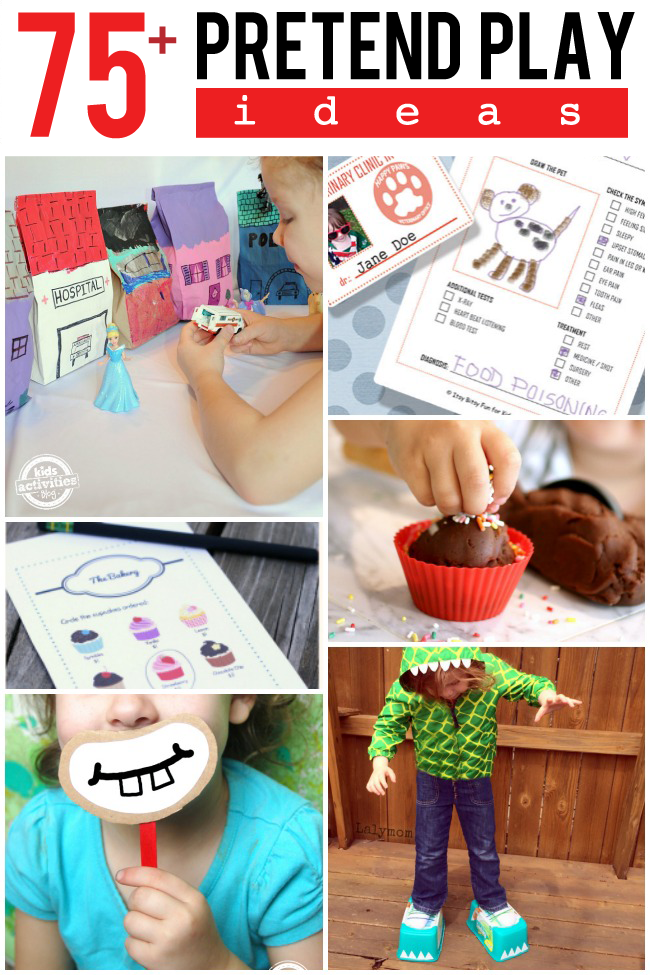 A narrator says things like "Oh, you are feeding the baby. You are taking such good care of your baby". If you have a toy in your hand and play yourself, it will ensure that you are "in" the play and playing with your child, not on the outside providing narration. Being ‘in' the play gives your child more chances to learn because it allows for more interaction and conversation.
A narrator says things like "Oh, you are feeding the baby. You are taking such good care of your baby". If you have a toy in your hand and play yourself, it will ensure that you are "in" the play and playing with your child, not on the outside providing narration. Being ‘in' the play gives your child more chances to learn because it allows for more interaction and conversation.
- Take turns. When children aren't pretending very much, it's easy to take over the play in an attempt to show your child what to do. After you have done something with your toy, be sure to pause and wait so that your child can have a turn to do something. In this way, your play together will be a back-and-forth "conversation", in which each of you has a chance to say or do something.
- Introduce new ideas. For children who can link some familiar pretend actions together, the goal is to encourage less familiar themes.
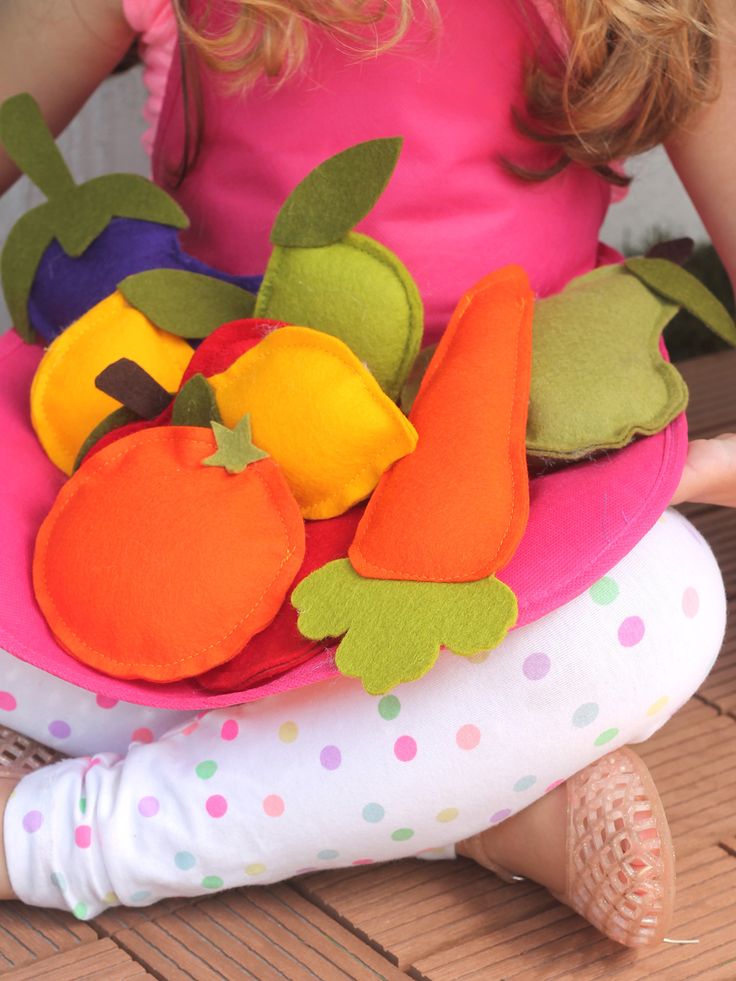 For example, if a child enjoys pretending with vehicles, you could introduce a less familiar theme by having the cars break down and taking them to the mechanic. Or perhaps superheroes could drive the cars as they save the day! Or if a child enjoys doll play, you could introduce the idea of a fairy coming to visit the doll, or maybe the doll could visit a castle to see the princess.
For example, if a child enjoys pretending with vehicles, you could introduce a less familiar theme by having the cars break down and taking them to the mechanic. Or perhaps superheroes could drive the cars as they save the day! Or if a child enjoys doll play, you could introduce the idea of a fairy coming to visit the doll, or maybe the doll could visit a castle to see the princess.
- Expose your child to new experiences. Every time you go somewhere new with your child, this becomes the raw material for pretend play. A trip to the zoo can spark a whole new play theme for your child. Books also allow you to introduce imaginary themes to your child which can be incorporated into pretend play.
- Choose the right toys. For ideas about selecting toys that encourage pretend play, read our article "Toys that kickstart the imagination ".
By getting in touch with your own "inner child" and using your imagination, you will discover a new way to connect with your child.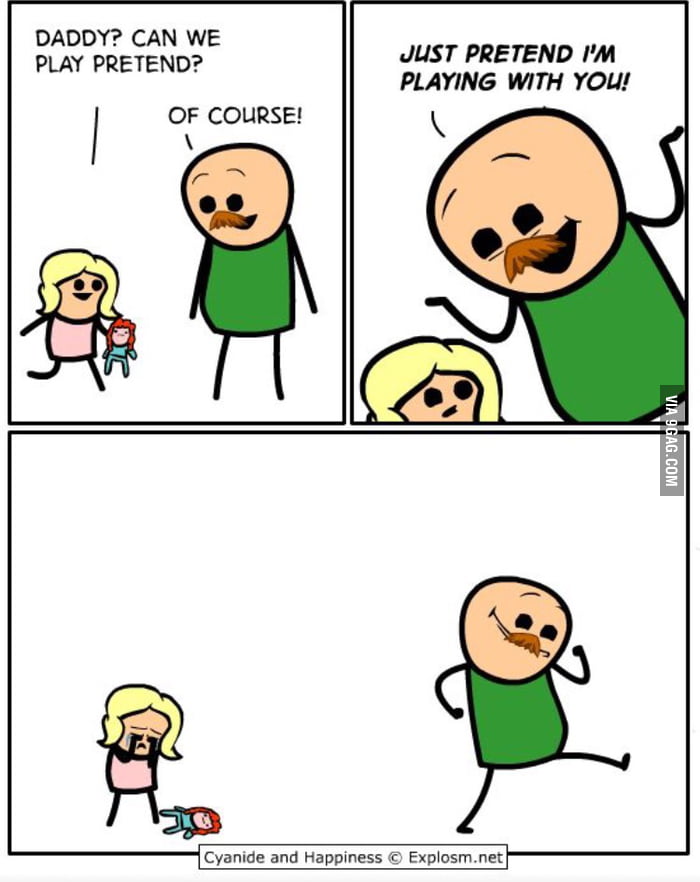 When you follow your child's lead, you will learn more about your child and his play interests. Your child will be very motivated to play with you in this way and feel very connected to you. And while it may look to others like you two are just messing around with trucks on the floor, you are really helping your child think symbolically and develop critical thinking skills that he will use throughout his life.
When you follow your child's lead, you will learn more about your child and his play interests. Your child will be very motivated to play with you in this way and feel very connected to you. And while it may look to others like you two are just messing around with trucks on the floor, you are really helping your child think symbolically and develop critical thinking skills that he will use throughout his life.
References
Weitzman, E. Greenberg, J. 2002. Learning Language and Loving It: A guide to promoting children's social, language, and literacy development in early childhood settings. Toronto: The Hanen Centre.
The Hanen Centre is a Canadian not-for-profit charitable organization with a global reach. Its mission is to provide parents, caregivers, early childhood educators and speech-language pathologists with the knowledge and training they need to help young children develop the best possible language, social and literacy skills. This includes children who have or are at risk for language delays, those with developmental challenges such as autism, and those who are developing typically.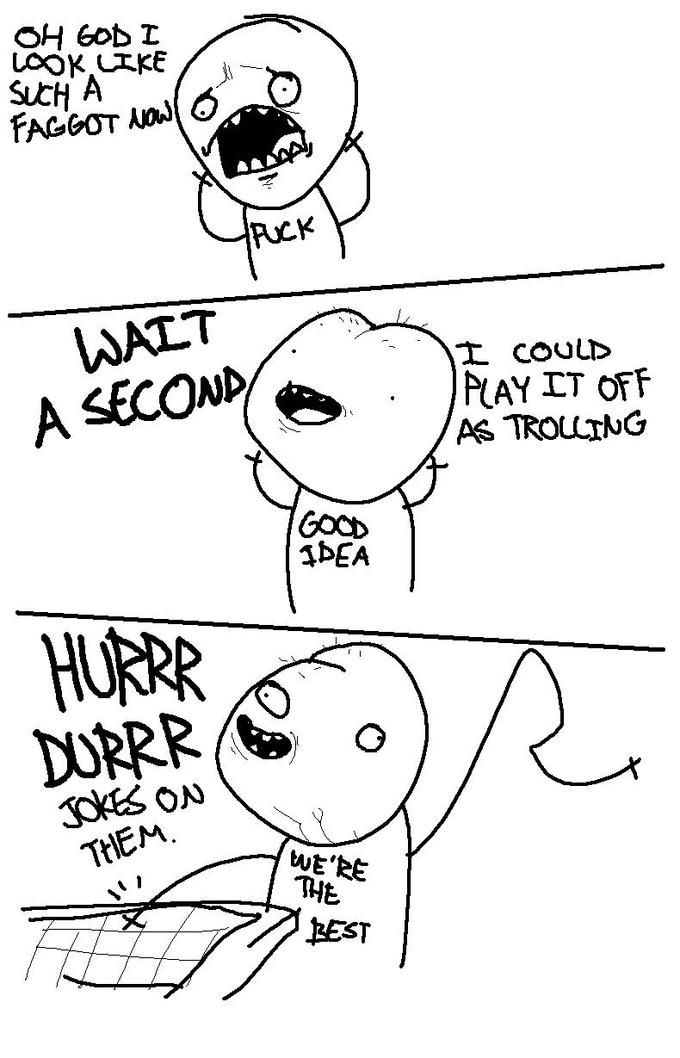
Click on the links below to learn more about how Hanen can help you help children communicate:
Pretend Play is Boring...How to Actually Enjoy Playing With Your Kids
I’m standing in the kitchen, wiping off my hands after washing the breakfast dishes, when I hear his little running feet getting closer and closer. Then I hear it.
“Mommy, Will You Play with Me?”
Sigh. This sweet kid cannot entertain himself if his life depended on it. Instead of pushing him off, I respond with “sure kiddo, what do you want to do?”
Mental high-five. Go Me!
“Paw Patrol! Oh, I LOVE Paw Patrol! You be Chase, I’ll be Rider! Let’s go!” I take off running after my son, smiles on both of our faces.
I’m ready to do this thing, let’s PLAY!
We run around the house pretending to save a lost kid named Jake. Honestly, I do not understand what we’re doing, but I’m following along with whatever directions he throws my way.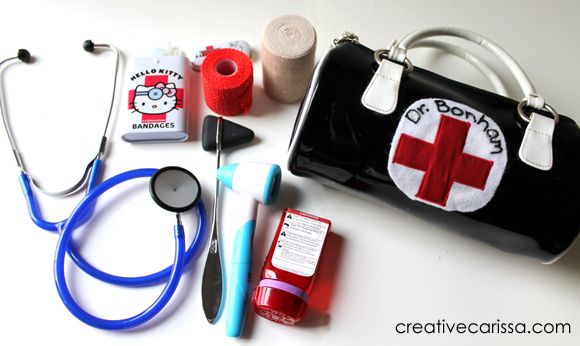
I say something about Chase grabbing a ladder to rescue Jake and it happens, “No Mommy! That’s not what Chase does, you’re doing it wrong! Jeeze!” Oops, I got off script.
After a few minutes of pretending and “doing it wrong” I’m feeling a bit agitated and bored. I look for my out.
Laundry! Oh, yes! I have laundry to fold.
“Hey kiddo, I had fun playing, but I need to go fold some laundry. I promise we’ll play more later.”
Whew, I’m free.
As I’m walking away he says “Awe, Mom!” and hangs his little head. Guilt smacks me straight in the gut.
“Why can’t I just play for more than just a few minutes? Playing has gotten so tedious!”
I want to play with him, unfortunately I don’t like to pretend play, which is his favorite thing right now.
We both get frustrated because playtime isn’t all that fun anymore.
This post is sponsored by GoNoodle. All opinions are mine!
It was time to make a change.
I vowed to no longer say “I don’t want to play”, instead I’d say “I don’t want to play that. Let’s do something we’d both enjoy.”
I’ve discovered that it isn’t what my son wants to play that matters, it’s who he’s playing with…me. He wants to spend time with me. I needed to come up with playful ideas that we’d both enjoy.
In order for this plan to work, I had to figure out what I wanted to do. I had to rediscover how I like to play.
Take a minute and think back to your childhood. How did you like to play?
Did you play with dolls and decorate their homes? Were you a builder and creator of magnificent things? Did you yearn to be outside digging in the dirt? Did you spend most of your time with your nose in a book?
Remember things that you loved to do that you might enjoy doing with your kids now.
I loved to build, cook, and sing as a child. So for fun playtime with my kids, I make block towers, bake cookies, and have silly dance parties while singing 80’s music at the top of our lungs.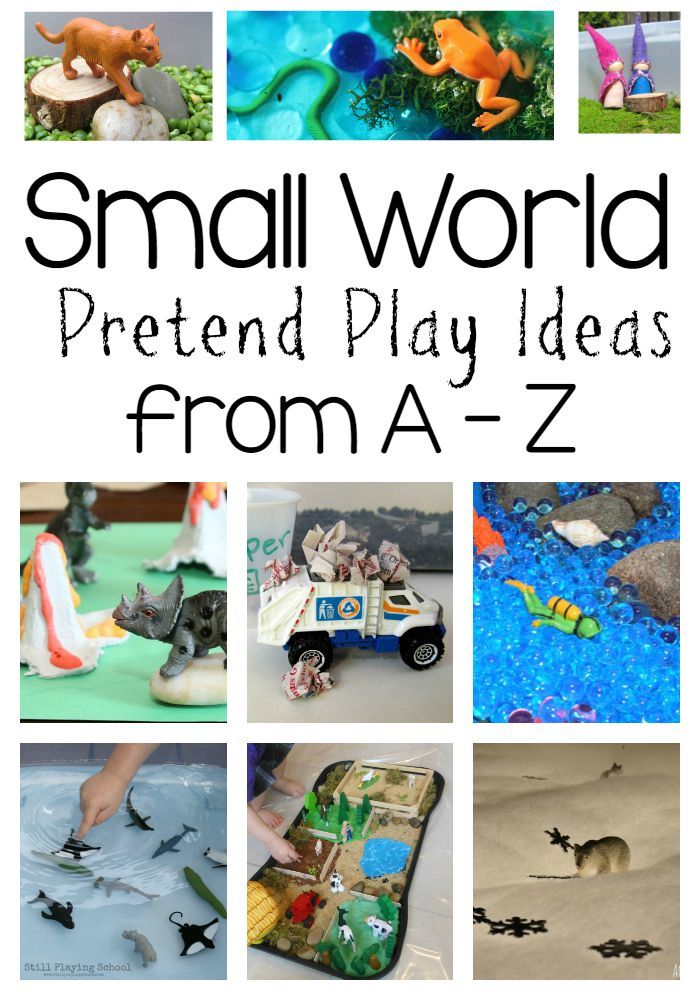
Make playtime mutually enjoyable for everyone.
By far the easiest and most fun way to play with my kids is by getting active.
I don’t mean going for a family jog, I mean tickle wars, wrestling matches, running laps around the house, and playing hide and seek. My boys are extremely active, and when I’m active and silly with them, we laugh harder than at any other time during the day.
Plus, when we get active, our pituitary gland excretes endorphins that make us feel good. They literally give us feelings of euphoria. So when we want to play and enjoy our time with our kids, get active and let the brain chemistry boost our mood too!
When you need to relax and you don’t have the energy to get active, try curling up on the couch with a tablet and play some cool apps together.
I love playing fun games on the tablet with my boys! We get to be close to one another, use our brains to think, and laugh with each other. It’s a perfect way to connect, if you’re playing the right type of apps.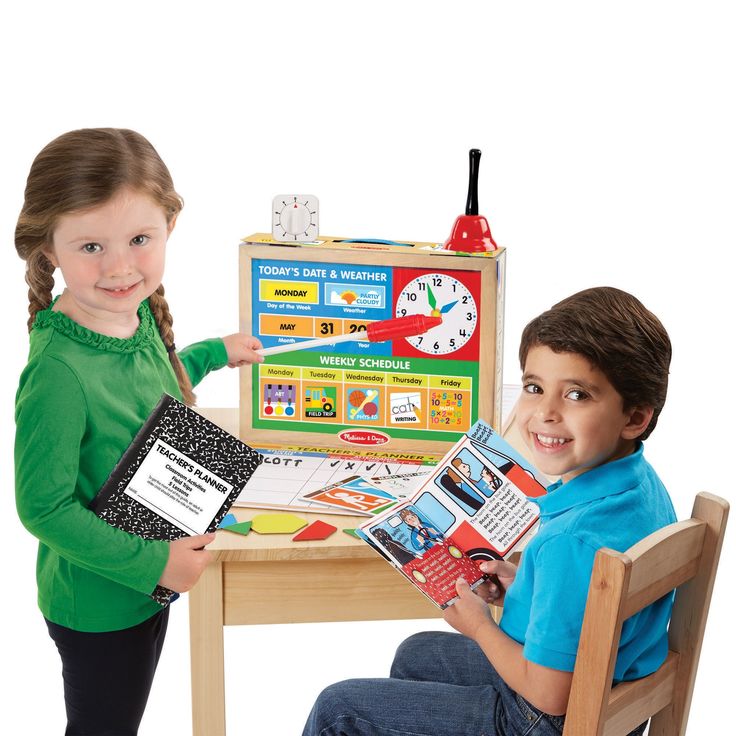
I know you might be thinking that screen time is BAD! Well, studies now show that screen time may not be all that terrible. It’s all about moderation.
Our children are the first digital natives, born into a world of technology. It’s our job to teach them how to navigate it. Studies have shown that it’s best when parents are engaged with their children’s screen time.
So, hang out for a while and play Angry Birds or Mindcraft with your kid. Enjoy that playful screen time with your child, instead of just handing over the tablet for them to play.
If you feel guilty about spending so much lazy time in front of a screen, I found the perfect thing!
It’s time to get up and start dancing!
Check out GoNoodle, it’s a FREE app that allows my boys and I to get active and enjoy technology at the same time, and we LOVE it!
GoNoodle has hundreds of activities, like Kids Zumba, The Kidz Bop, Yoga, and Stretching. I really like their mindfulness activities that calm my kids down after an active session of dancing while also teaching calming skills.
This app gets us up and moving! My kids think it’s fun, and I get a bit of a workout in too.
Since we moved to Alaska, where it’s cold and dark in the winter, this app keeps my kids moving when we can’t go outside and play. It’s a lifesaver!
Those words don’t immediately cause angst anymore. Now, I can say “Yes! Let’s play!” and I actually enjoy playtime with my kids.
More For You
4 Books that Will Enhance a Mother’s Life
4 Ridiculous Ways to Cure a Bad Day
Essential Tips for Moving With Kids
Game of pretend. NOTHING REGULAR
Pretending game. NOTHING REGULARWikiReading
NOTHING REGULAR
Millman Dan
Contents
Pretending Game
Like everyone else, I also made a significant contribution to the game of pretense, the oldest game invented by mankind, during which I pretended to be happy, that I liked some things and not others, that my actions had no consequences .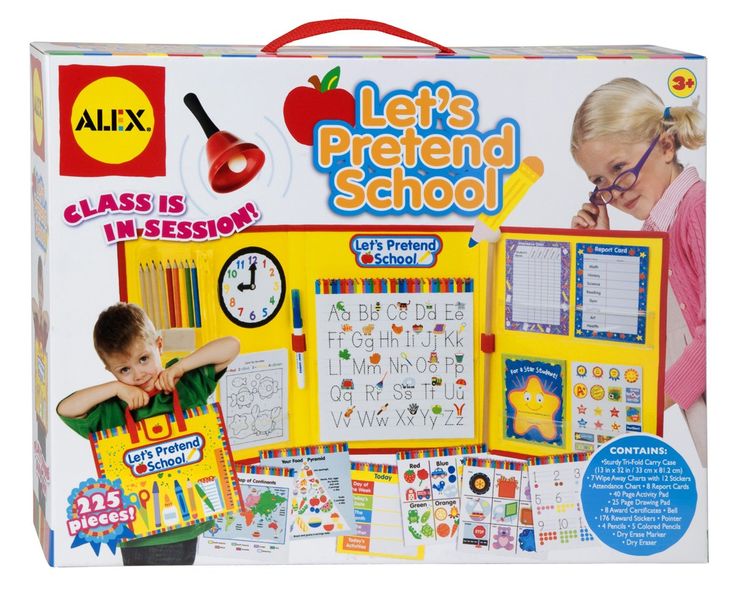 I imagined that my relationship with someone was fine until it fell apart with a bang; I thought I could handle something until life showed me I didn't know anything about it. I played with my imagination all my life, until Socrates forced me to free myself from most of the usual illusions.
I imagined that my relationship with someone was fine until it fell apart with a bang; I thought I could handle something until life showed me I didn't know anything about it. I played with my imagination all my life, until Socrates forced me to free myself from most of the usual illusions.
Many criminals are engaged in the game of pretending; entangled in delusions of their mind that have nothing to do with reality, they imagine that they will achieve something if they are not caught in the process, not paying any attention to the spiritual losses and real consequences affecting their own lives and the lives of others . Some people smoke cigarettes, use drugs, drive drunk and do other deeds that are destructive to their own and other people's health, while staying in their fantasy world. Others build imaginary walls to protect themselves from childhood hurt, sexual harassment, and other painful and frightening memories and anxious expectations.
The level of intelligence does not affect the tendency to self-deception. One of my acquaintances, a very nice woman, is extremely proud of her sharpened intellect. She is an exceptionally capable mathematician, she has a very rich speech and an absolutely amazing memory. She is surprisingly reasonable, and one of her strongest qualities is a logical, analytical mindset.
One of my acquaintances, a very nice woman, is extremely proud of her sharpened intellect. She is an exceptionally capable mathematician, she has a very rich speech and an absolutely amazing memory. She is surprisingly reasonable, and one of her strongest qualities is a logical, analytical mindset.
This woman has been smoking for over forty years. Relatives and friends constantly convince her of the need to quit smoking; they insistently repeat the doctors' warnings to her. Like many of us, she always has some witty answer. She is able to keep the consequences out of her mind, but she cannot prevent them from manifesting in her body in any way. It makes me very sad when I see how she fights for every breath, with what intense breathing she overcomes the next rung of the stairs. At the same time, she even sobs in self-pity. She has to pay a high price for understanding the law of cause and effect.
By paying attention to the consequences of our actions, we are able to learn the lessons of life quickly, simply, and relatively easily. Even if we choose the most difficult path, life reveals itself as the most talented teacher - sooner or later, in one way or another, it will certainly teach us all the lessons of reality.
Even if we choose the most difficult path, life reveals itself as the most talented teacher - sooner or later, in one way or another, it will certainly teach us all the lessons of reality.
Survival Game
Survival game Big Brother is a survival game. Displacing others instead of being repressed (that is, having time to displace others before you are displaced) is the main principle of success. At the beginning of the game, all participants are equal. Whatever you did in the past has no
(5) Pretense
(5) Pretense Let's start with a discussion of the notion of pretense, partly constitutive of such notions as cheating, role playing, playing bear, feigning illness, and hypochondria. Note that there are cases of fiction in which the pretender deliberately
(6) Pretending, fantasizing and imagining
(6) Pretending, fantasizing and imagining There is not much difference between a child who plays pirate and a man who imagines he is a pirate. What is the difference here, can be seen from the words we use. Words like "play", "pretend" and "act" we
What is the difference here, can be seen from the words we use. Words like "play", "pretend" and "act" we
2. Game.
2. Game. - The game exists as a naive pleasure of vital force, free from any burden of reality (Spiel ist als naive Lust der Vitalit?t ohne alle Last der Wirklichkeit). As a liberation from the constraints of reality, it is the path to non-obligation. Laughter Accompanies Pleasure
(c) Great Game
(c) Great Game What happens to a civilization that has reached the "information peak", that is, it has exhausted the capacity of science as a "communication channel"? We will present three possible ways out of this situation - three because they correspond to the results of
Great Game
great game WHAT IS HAPPENING to a civilization that has reached the "information peak", that is, it has exhausted the bandwidth of science as a "communication channel"? We will present three possible ways out of this situation - three because they correspond to the results of
GAME
THE GAME GAME - a kind of physical and intellectual activity, devoid of direct practical expediency and representing the individual with the possibility of self-realization, which goes beyond the scope of his actual social roles. I. is one of the key concepts of modern
I. is one of the key concepts of modern
DEATH PLAY
GAME WITH DEATH We have already spoken of the Ares male boasting of their boldness and bravery. In peacetime and in a purely civilian profession, they can take conscious risks and even play with death. Here it is interesting to discern the motive and nature of such feats in Apollo
.GAME
THE GAME Dionysus, the child raised by Zeus, is also the archetype of the Divine Child. Therefore, spontaneity and a tendency to play are inherent in him. In English there is a difference between the words "game" and "play". Both of them are translated into Russian as "game", but in the first word there is an element
XXXI (Mistakes of people in society. Vanity, boasting, pretense)
XXXI (Mistakes of people in society.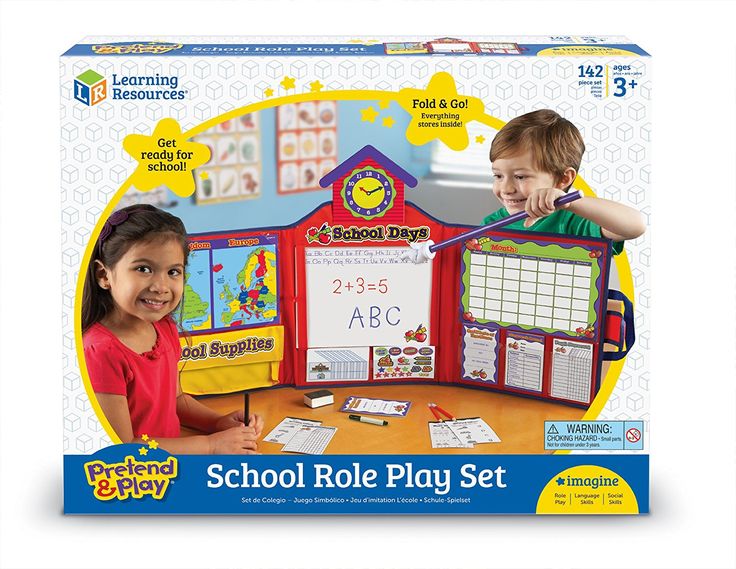 Vanity, boasting, pretense) Bath, 19 October st. Art. 1748 My dear boy! In my last letter I wrote what kind of society you should keep, and now I want to give some rules on how to behave in it. My experience and my own
Vanity, boasting, pretense) Bath, 19 October st. Art. 1748 My dear boy! In my last letter I wrote what kind of society you should keep, and now I want to give some rules on how to behave in it. My experience and my own
GAMBLING
GAMBLING The struggle with chance, that is, with God, is always full of mystical grandeur. Gamblers are no exception to
Imitation and pretense
Imitation and pretense The words "imitation" and "transformation" are often illegible and inaccurately used to describe the same processes. It is advisable to separate them. "imitation" and "transformation" are by no means the same thing, a careful distinction between them will help better
I. Imitation game
I. Imitation game I'm going to consider whether machines can think. But for this we must first define the meaning of the terms "machine" and "think". It would be possible to arrange these definitions in such a way that they reflect as best as possible the usual use of these words, but
But for this we must first define the meaning of the terms "machine" and "think". It would be possible to arrange these definitions in such a way that they reflect as best as possible the usual use of these words, but
I Game
I The game Once upon a time there was a very serious child, so serious that he felt deeply sorry for other children who played all day long. This little man guessed that dolls, cars, masks and other adult toys were not real and did not represent
Game (Jeu)
Game (Jeu) Activity, the purpose of which is itself or the pleasure received in its process; carried out according to its own rules and does not have irreversible consequences (what is achieved by one side may not be taken into account by the other or be challenged). Here is
Game - quotes and aphorisms on Quote-Citation.
 Com (page 8)
Com (page 8) If my future is black, it is better to think about it with cold calmness, as befits a man, and not color it with empty imagination.
Arthur Conan Doyle, The Sign of the Four
I play for the sake of playing.
Arthur Conan Doyle, "The Sherlock Holmes Archive"
Business is a cruel game. Here the weak perish.
Arthur Conan Doyle, "The Sherlock Holmes Archive"
I think I believe in cleansing the soul through games and fun.
Erlend Lu, "Naive. Super"
Words are smart people's playing chips and fools' money.
Thomas Hobbes
- We are now going to play royal forfeits. No one appoints any fantasies, no one selects any fantasies. Whatever the king wants, everyone does.
"Cinderella"
The man is a great actor, and he loves to play tragic roles.
Erich Maria Remarque, "Shelter of Dreams"
A clever game of straightforwardness - the most common and most effective of the decent mortal sins
Charles Dickens, Hard Times
Politics is likened to chess. But this is a very dangerous chess with very peculiar rules. You can see an interesting game - the pieces are played by the players.
But this is a very dangerous chess with very peculiar rules. You can see an interesting game - the pieces are played by the players.
Leonid Zorin
The whole world plays comedy.
Publius Cornelius Tacitus
Still, it's good for old people - they always look like they know everything in the world. But this is only a pretense and a mask, like any other pretense and any other mask. When we old people are left alone, we wink at each other and smile: they say, how do you like my mask, my pretense, my confidence? Isn't life a game? And I don't play badly, do I?
Ray Bradbury, "Dandelion Wine"
Schuler is a person who never plays for his own pleasure.
Adrian Decourcelle
A real man wants two things: danger and play. That is why he needs a woman - as the most dangerous toy.
Friedrich Nietzsche, "Thus Spoke Zarathustra"
The child is innocence and oblivion, a new beginning, a game, a self-rolling wheel, initial movement, the holy word of affirmation.